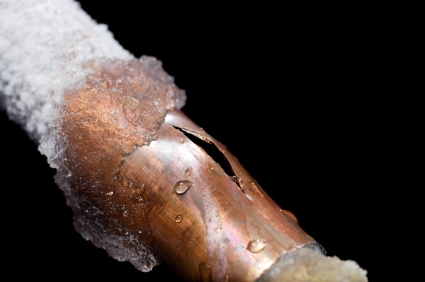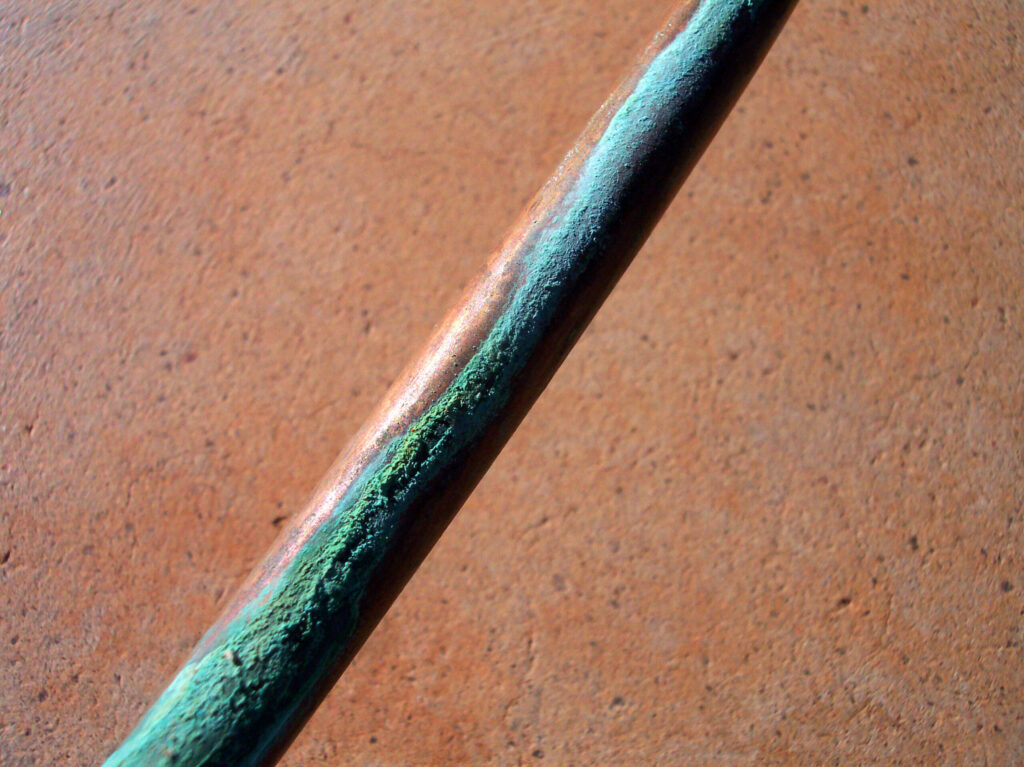Plumbing pipe fittings usually consist of various metals and materials. Many plumbing situations also use plastic. Two frequently used metals to produce pipe fittings are steel and copper. Both of these materials have been used for several centuries in piping and plumbing installations. You may be wondering if one is more superior than the other. However, both of them have their pros and cons associated. We will discuss copper vs. steel pipe fittings to help you determine which will be better to suit your piping needs.
Copper vs. Steel Pipe Fittings
Advantages of Steel

Steel is one of the more durable metals on the market for plumbing. Once installation of steel pipe fittings is complete, this pipe can last a lifetime. Plumbing fittings are the sort of installation many people prefer to do once and forget about it. Therefore, this makes steel pipe fittings a cost effective investment for home owners. Steel can withstand rust and corrosion better than most, and hot and cold temperatures hardly affect this pipe. Should water ever freeze in steel piping, damage is rare and may never occur. This adds to the durability of steel plumbing fittings. Steel fittings are a good choice for those who live in marine environments. This is because salt water washing over these pipes will not cause wear on the plumbing fittings
Disadvantages of Steel
However, steel is not one of the easier materials to work with for plumbing installations. Compared to copper, steel is extremely hard and lacks the malleability of copper. This makes installation more entailing which also adds to overall costs.
In plumbing, steel requires galvanization to protect it from rust and corrosion. However, galvanized steel may introduce small quantities of lead into the water with time. This may have some harmful effects to health which is why many people have a preference for copper.
Advantages of Copper
The durability of copper pipe fittings has been well proven over the years. Many buildings that are several centuries old still retain the same copper pipe fittings that were in original installation. Copper has a remarkable resistance to fire. In the event of fire, fittings will not be destroyed.
Also of significance is that in the event of a fire, there’s no release of toxic gases. This is because copper fittings don’t burn. This helps contain the toxic dangers created by house fires. Copper fittings are also resistant to bacteria and rot. The bio-static quality of copper prevents bacteria from growing in the piping. This assures you of cleaner and safer water supply.
Copper is a much softer metal than steel which makes it easier to work with. You can achieve various lengths, widths and contours more easily with copper fittings. Copper can bend with ease which reduces the requirement for connectors and fasteners in plumbing. Therefore, this cuts down on both hardware and installation costs.
Disadvantages of Copper

With copper, pipe fittings are more costly than steel. This places them beyond reach especially where there may be budget restrictions. Although copper can withstand high temperatures, it doesn’t bear up well to extreme cold like steel.
In the event that extremely cold weather occurs, water can freeze inside the piping. This can cause copper piping to split. Repair or replacement adds to your home maintenance costs. If you live in an area where water contains high levels of acid, copper plumbing is unsuitable. High water acidity causes corrosion to copper plumbing.
These are just a few advantages and disadvantages when it comes to copper vs. steel pipe fittings. In the end, the pipe fittings that you decide to go with will all carry amazing benefits. However, knowing the downsides to different metals can save you more money in the long run. Contact us with the link below to decide which metal is best for you and your situation of use. It is our goal to create happy customers.


We are looking to order new pipes and fittings for the business, and I was wondering whether copper or steel would be best for our needs. I just didn’t really know what the differences were between the two, and what their various properties were. This cleared up a lot of questions, and I think I have a good idea of what I need to order to get this job done.
Generally we are using Steel but we haven’t the clear knowledge advantage and disadvantage about steel. Reading this article my idea get clear. Thanks for share this post with us and this is really a helpful blog
I have been considering replacing the plumbing for my house, but I didn’t want to wait and save up enough for copper fittings. However, I had no idea that galvanized steel could produce small amounts of lead. Although this tiny but of lead probably wouldn’t affect the health of my family, I’ve been convinced to wait just a few extra months and pay for the more expensive copper pipes. I especially like how you explained that they’re resistant to bacteria and rot. I think it’s definitely worth waiting in order to get these extra benefits.